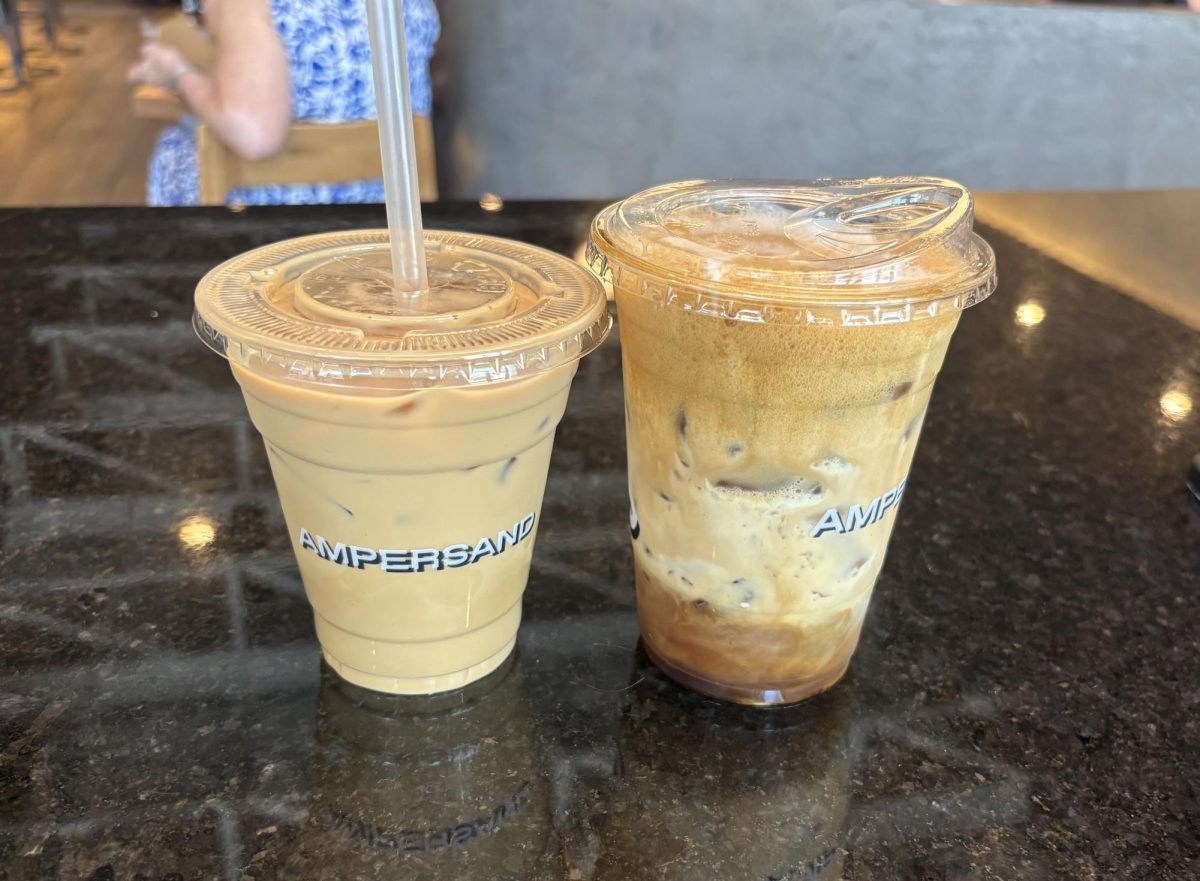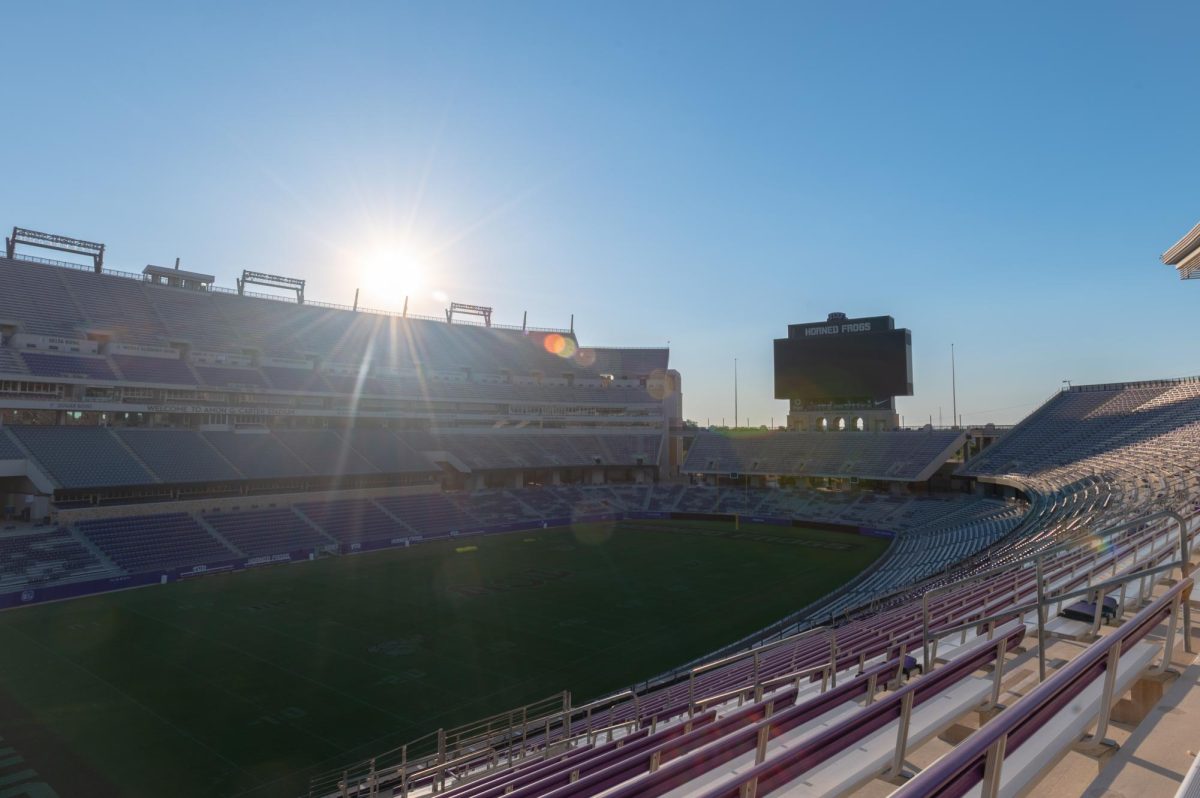ZaTar isn’t just a common Mediterranean spice in Jerusalem, it’s also the brand of a Fort Worth food truck trying to steer the community in a healthier direction.
ZaTar is the first food truck to participate in the Blue Zones Project — a national effort that aims to lower rates of chronic diseases and improve quality of life, according to Blue Zones Project-Fort Worth.
Fort Worth has 22 Blue Zones certified restaurants and is the largest city partnered with the Blue Zones Project.
Although certification isn’t available for food trucks, the Mediterranean restaurant on wheels provides meals recommended by the Blue Zones Project. Dishes were added like the tri hummus n’ pita chipz, artichoke hummus wrap and 100 calorie or less baklava, according to their website.
“ZaTar is a terrific community partner and we think their patrons will really enjoy their delicious, healthy menu options,” said Blue Zones Project Vice President Suzanne Duda.
ZaTar started when a New York City native had a dream to feed people. Niddal Abedrabbo went from being a $2 billion revenue manager for Hewlett Packard, to plumber, electrician, mechanic, chef, graphics designer, marketer and finally, food truck chef.
Abedrabbo opened the ZaTar food truck in December of 2015.
“Phase one was launching and getting up to speed in regards to our operations,” Abedrabbo said. “Phase two was having our truck legitimately offer healthier foods and get Blue Zones certifications.”
He said the menu is all about giving customers healthy substitutions. Ingredients like goat or sheep cheese and multi-grain and wheat bread are a few adjustments he recommends.
Abedrabbo also uses his truck to give back to the community.
“One of the most basic ways to give is to feed someone,” said Abedrabbo. “We take [food] for granted on a daily basis but it is such a vital part of human nature.”
ZaTar, he said, gives free food to people who can’t afford to buy a meal from the truck. The bright orange and red stove on wheels visited Garland and Rowlett in January to feed the families whose homes were destroyed by storms.
“We are always looking for ways to give back,” said Abedrabbo. “If I can give back to people who are less fortunate on a daily basis it makes me sleep well at night.”



